Stakeholder Multi-Actor Reference Groups (MARGs) met for the 3rd time to jointly discuss preliminary modelling results
The OPTAIN case study teams met with stakeholder Multi-Actor Reference Groups (MARGs) for the third time to jointly discuss preliminary modelling results for specific Natural/Small Water Retention Measures (NSWRM) and obtain feedback.
The project follows a harmonized approach of engaging stakeholders across cases for a comparative perspective on results. Continuous engagement is expected to strengthen co-creation processes. Results are more reliable when they are based on inputs and joint fact-finding with stakeholders. Furthermore, the collaboration with stakeholders strengthens and facilitates further usage of knowledge gained from modelling results, which is expected to enhance the project's impact.
OPTAIN influences various stakeholders at multiple levels, supporting sustainable water management solutions, and contributing to water and agri-environmental policies at the EU level. Through its MARG approach, OPTAIN creates opportunities for collaboration and enables an environment for co-creation processes while supporting authorities and organizations in planning and implementation of different national-level and EU policies. Enhanced cooperation and knowledge exchange among stakeholders aims to improve the future implementation of NSWRMs.
From April to June, four case studies organized their third MARG workshop to present the project’s modelling results on effective NSWRM measures to receive feedback. The plan is for the remaining case studies to organize MARG workshops in the coming months. This third round of workshops follows the previous, where at the first MARG, challenges with water, drought, erosion, and runoff of nutrients and possible NSWRM measures were identified, and at the second MARG, NSWRM scenarios, and environmental and socio-economic indicators were discussed.
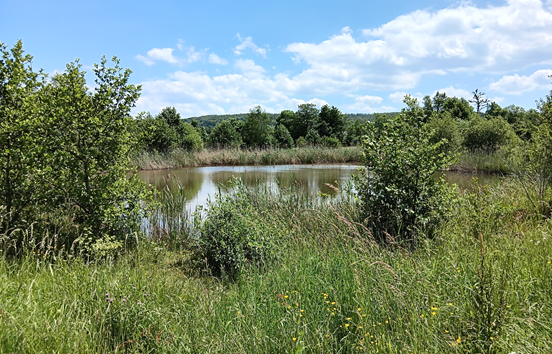
Photo 1:Artificial wetland at La Wimbe case study, Belgium (ãIvana Korn Varga)
A harmonious approach to stakeholder engagement
Before each round of MARG workshops, on the project level, there is an internal collaborative process to develop a guideline for the workshop and a reporting template. A draft guideline and template are presented and discussed in the project’s “InterVision” meetings with case study leaders. This process contributes to creating a feeling of ownership and supports a common understanding of the workshop’s objectives among partners. There is a need to consider the local context of engagement and practices/opportunities for successful engagement of the 14 case studies across Europe's boreal, continental, and Pannonian regions.
Prior to the third MARG, a workshop guideline was developed as a collaborative effort between the task leads of work packages on modelling, optimization and engagement. The guide for the third MARG workshop addresses, (i) mandatory elements of the workshops including questions to be discussed, (ii) the reporting template, and (iii), information about principles and tools for engagement. The 3rd MARG workshop starts with a review of the results of the previous workshops, followed by an overview of the model setup and the main calibration results, before presenting the modelling results on the expected impacts of selected types of NSWRMs and a combination of all NSWRMs at the same time. It is presented and discussed with reference to selected climate scenarios. The case study leads organize and moderate the workshop, document attendance, and record feedback on modelling results in the scope of WP4 (Integrated assessment of NSWRM) and on meaningful engagement within the scope of the WP1 (Case studies and harmonized multi-actor approach). After the workshops, the case study leads report back on the main findings.
The third round of MARG workshops
On the 17th of April, a successful OPTAIN MARG workshop was held in Radziejów, Poland. In total 20 participants, including MARG members such as, representatives from local authorities, institutes, state waters enterprise, agricultural chamber, farmers, and others. The participants were highly interested in the results of the effectiveness of different measures and discussed opportunities and treads to apply them in practice. The workshop was organized by the Warsaw University of Life Sciences (WULS), and the Institute of Technology and Life Sciences (ITP). The Norwegian Institute for Water Research (NIVA) responsible for the work package on engagement (WP1) also actively participated in the workshop.

Photo 2&3: 3rd MARG workshop in Radziejów, Poland (Mikolaj Piniewski)
On the 18th of April, the 3rd MARG workshop was held by the Helmholtz-Centre for Environmental Research (UFZ) the lead of the case study Schwarzer Schöps. Actors from different sectors, water, agriculture, and nature conservation came together in Bautzen, Germany. While modelling results on NSWRM effectiveness under current and future climates were taken up with great interest, the actors also provided constructive feedback for further improvement of the model setup. The Norwegian Institute for Water Research (NIVA) presented at the meeting briefly about the engagement in the project, and on results from the cross-case study survey on water and agricultural policy.
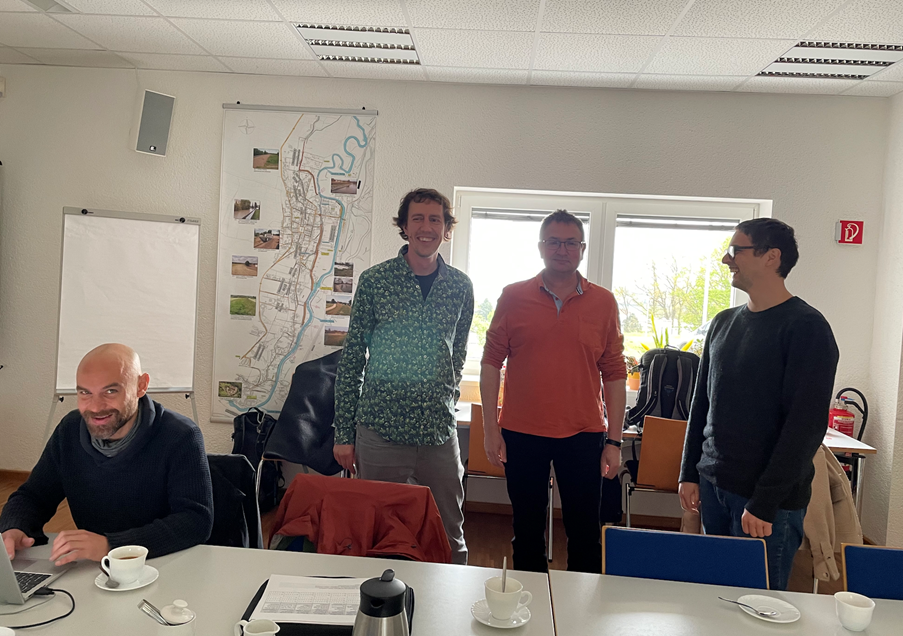
Photo 4: 3rd MARG workshop in Schwarzer Schöps, Germany (ãIngrid Nesheim)
On May 30th, the 3rd MARG meeting was held in Enebakk Municipality, within the Kråkstad catchment in Norway. The Norwegian Institute of Bioeconomy Research (NIBIO) team joined the MORSA River Basin Sub-District Authorities’ during their workshop with local and regional stakeholders to update them about the progress of the OPTAIN project and discussed modelling results on the effect of natural small retention measures (NSWRM) in connection to future climate scenarios. Ten participants from the MORSA joined, including water and agriculture authorities, agriculture advisors, farmers, etc. They provided constructive feedback about the presented model results and their views on further cooperation between researchers and stakeholders.
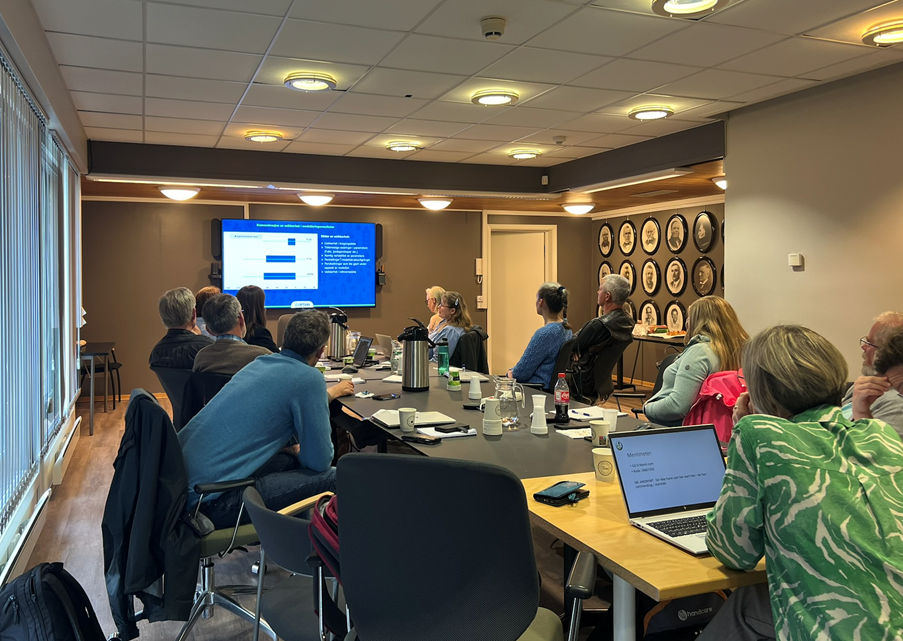
Photo 5: 3rd MARG workshop in Kråkstad catchment, Norway (ãKathrine Torday Gulden, NIBIO)
On the 7th of June, the MARG workshop was held in Han-Sur-Lesse, Wallonie, Belgium. 21 participants participated in the workshop, including water and agriculture authorities, agriculture advisors, NGOs, and others. The workshop was organized by Ghent University (UGHE) to present the modelling results on the effectiveness of natural retention measures and the impact of climate change. They provided constructive feedback to further improve the modelling results. The Norwegian Institute for Water Research (NIVA) as well as the Global Water Partnership for Central and Eastern Europe (GWP CEE) also attended the workshop.
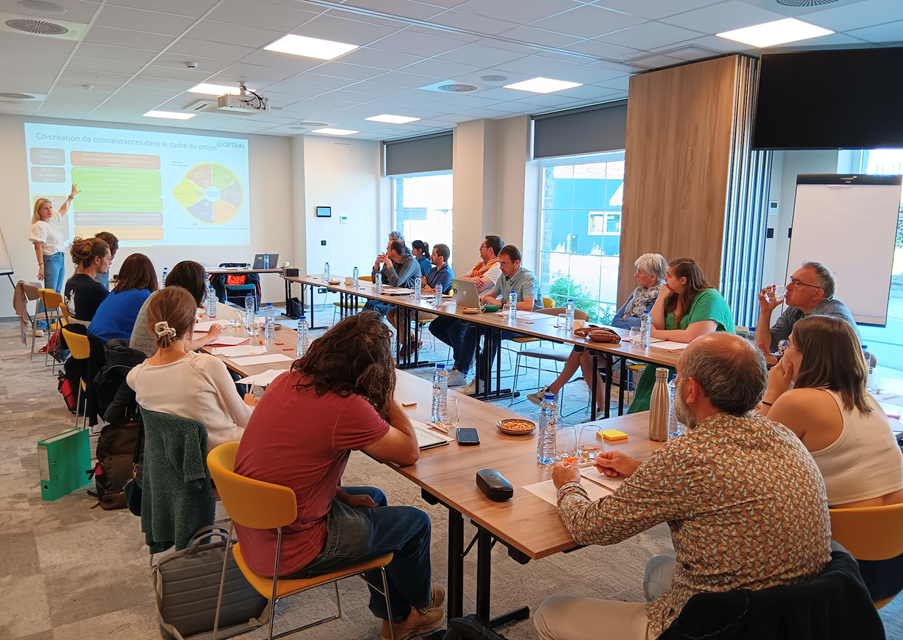
Photo 6: 3rd MARG workshop in Han sur Lesse, Belgium (ãIvana Korn Varga)
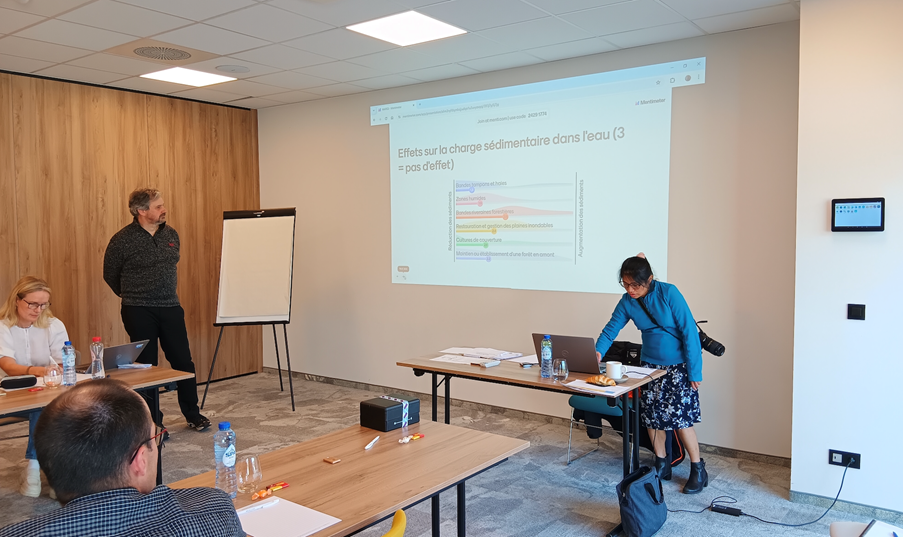
Photo 7: 3rd MARG workshop in Han sur Lesse, Belgium (ãIvana Korn Varga)
Authors: Ivana Korn Varga (GWP CEE), Ingrid Nesheim (NIVA), Marek Gielczewski (WULS), Michael Strauch (UFZ), Dominika Krzeminska (NIBIO), Anne Marie Eurie Forio (UGHE)




















